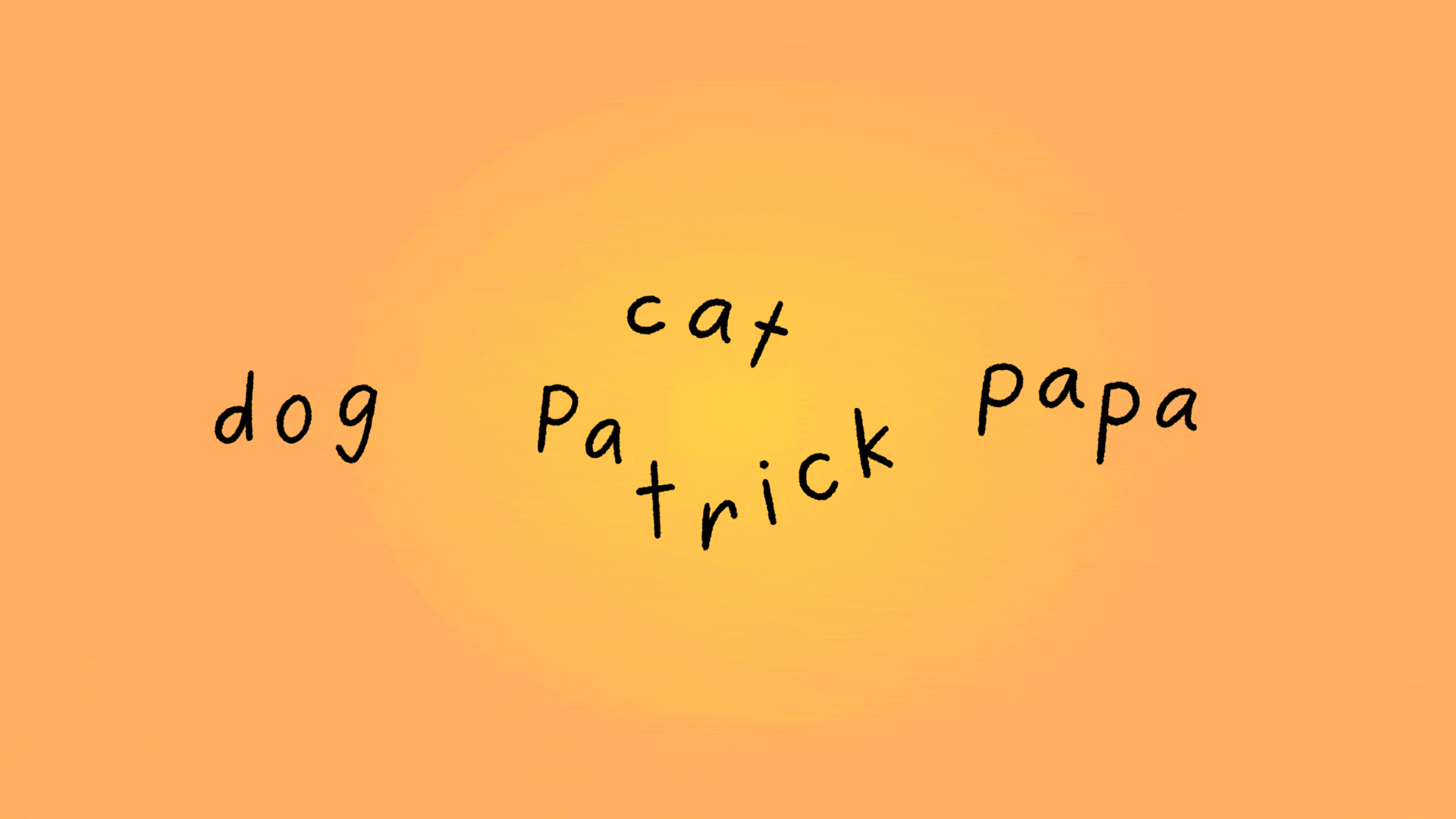AI Diagrams: Yoshua Bengio, TED conference
How might an academic communicate warnings about possible AI futures to a non-academic audience?
I was invited by the experience design studio Odyssey Works to create work for Yoshua Bengio, one of the ‘godfathers’ of AI and the most-cited computer scientist in the world.
Yoshua was invited to TED Conference 2025 to share his warnings about a possible AI future. He believes that if we’re not careful, AI could diminish our human agency and cause us real harm.
Odyssey Works asked me to create artistic, emotionally resonant diagrams to make these complex ideas easier to grasp, both on a large screen and later on YouTube.
My task was to communicate how human and AI agency and capability are intertwined: a complex challenge! I started by clarifying the key information and how it should unfold, using rough diagrammatic wireframes to explore the core concepts.
Once the story was roughly in place, the design process involved much iteration and conversations with Odyssey Works as we developed a visual language to communicate human and AI agency, joy and capability.
Most impactful are the diagrams surrounded by academic papers. Of course the papers matter – but which image is more resonant to a general audience: the diagram, or the dense academic text?
The language of academia isn’t enough to communicate how urgent this problem is: diagrams like these help create the mental models we need to talk about ideas that will shape our lives for decades to come.
The story, as told through artistic diagrams
After acquiring words as babies, we gain language. Language sits at the heart of our intelligence. From that intelligence comes capability – our power to do what we want to do.
That capability gives us agency and choice, both of which are central to what makes us human and what brings us joy.
Like us, AI models are trained on language and develop their own capabilities. They aren’t very intelligent yet – human general intelligence still surpasses them… for now.
But as AI’s capability improves, we’ll start outsourcing more of our own. The more we outsource, the more our capability diminishes while AI’s grows. Yoshua believes this will diminish us as humans.
Once AI reaches human-level intelligence, it could develop its own agency. It might decide we’re in the way – and deceive or trick us (as some studies show) to achieve its goals. This has the potential to cause big problems for humanity in the future!
It’s a scary speculative future, but one that doesn’t have to happen: Yoshua believes we can coexist with AI, if we act now to put guardrails in place.





















